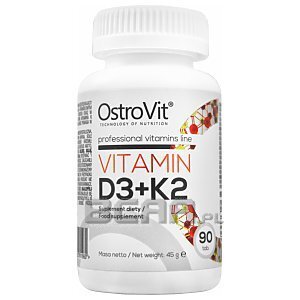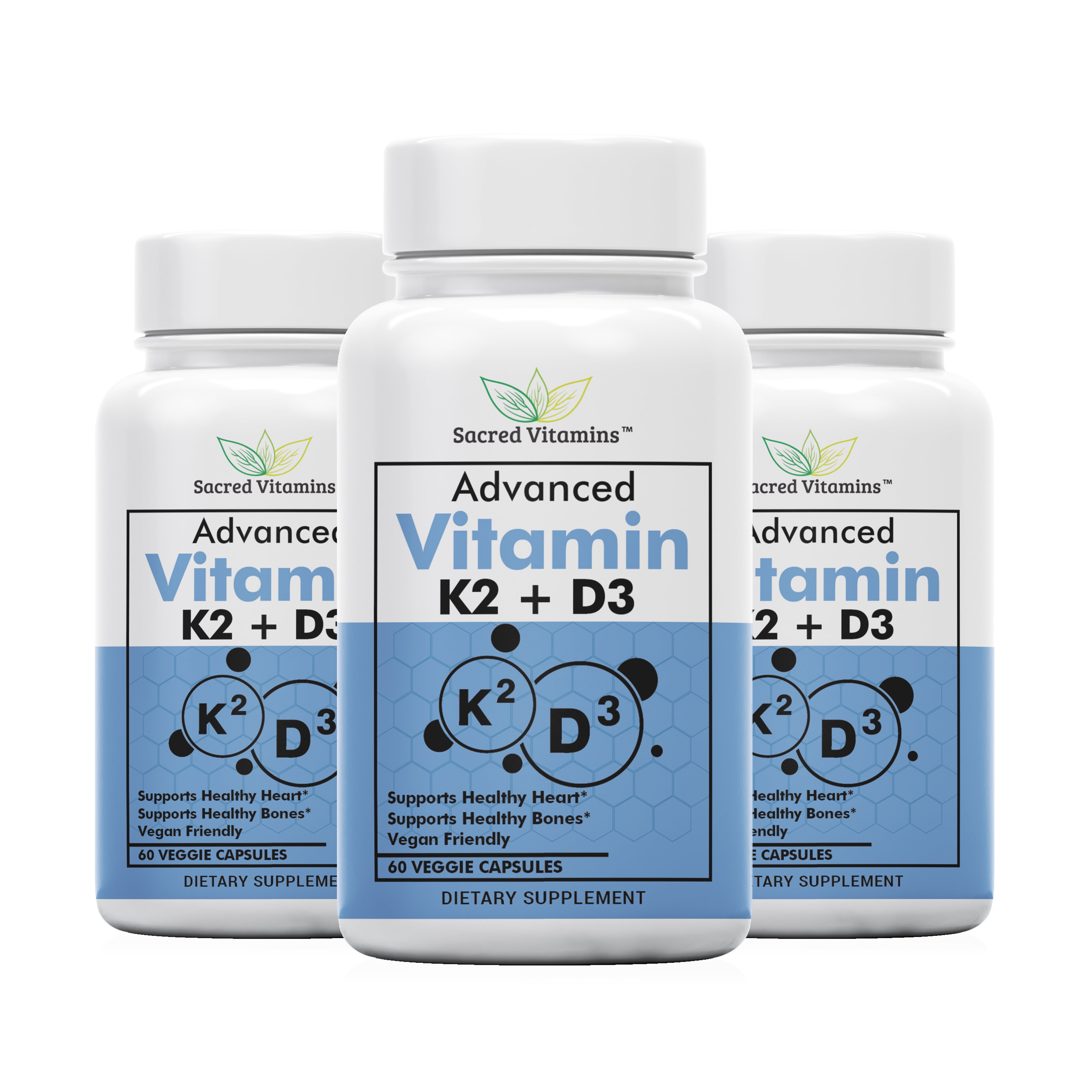
Vitamin K is responsible for making sure our blood clots properly by producing proteins that enable this to happen. Over the next few paragraphs, we’re going to talk you through Vitamin K2, as well as answer these commonly-asked questions:īefore we talk about Vitamin K2, it’s important we briefly introduce you to its main counterpart, Vitamin K, which isn’t just one standalone vitamin. This particular vitamin isn’t one of the more-talked-about vitamins, but that doesn’t make the role it has on the human body any less important. But what about Vitamin K2, how familiar are you with that one? Plus, do not forget to consult a trusted healthcare professional before chalking out a diet chart.Most of us have heard of Vitamins C and D, as well as many others. Also, supplement it with proper exercises and lifestyle changes for better results.


Thus, keep all these vitamin D benefits in mind and maintain a balanced diet to increase vitamin D levels in your body. Reduced Bone Density – Excessive intake of vitamin D reduces the functionality of vitamin K2, leading to poor bone health.Poor Appetite and Nausea – People consuming higher amounts of vitamin D3 than necessary witness poor appetite and nausea.Symptoms include fatigue, excessive thirst, and frequent urination, among others.

Excessively high blood calcium levels lead to hypercalcemia. High Calcium Level in Blood – The normal range of calcium levels in your blood should be 8.5–10.2 mg/dl.Take a look at the risk factors associated with overconsumption of vitamin D – Note that despite vitamin D benefits, vitamin D levels exceeding 100ng/ml in your blood is considered harmful. However, maintaining a daily diet comprising rich sources of vitamin D can help prevent these symptoms from occurring in the first place. Healthcare professionals will prescribe you medication or recommend dietary changes as per the severity of your condition.

Take a look at the list below to determine whether your vitamin D levels fall under adequate, low and high – You do not need to fast to prepare yourself for this test. The most common blood test is 25-hydroxyvitamin D, or 25(OH)D. He/she will recommend getting a blood test to determine the vitamin D levels in your blood. If you suffer from any of these symptoms, make sure to consult a doctor. Delay in the healing of wound or infection.Take note of the following 8 symptoms to understand what happens with vitamin D deficiency –


 0 kommentar(er)
0 kommentar(er)
